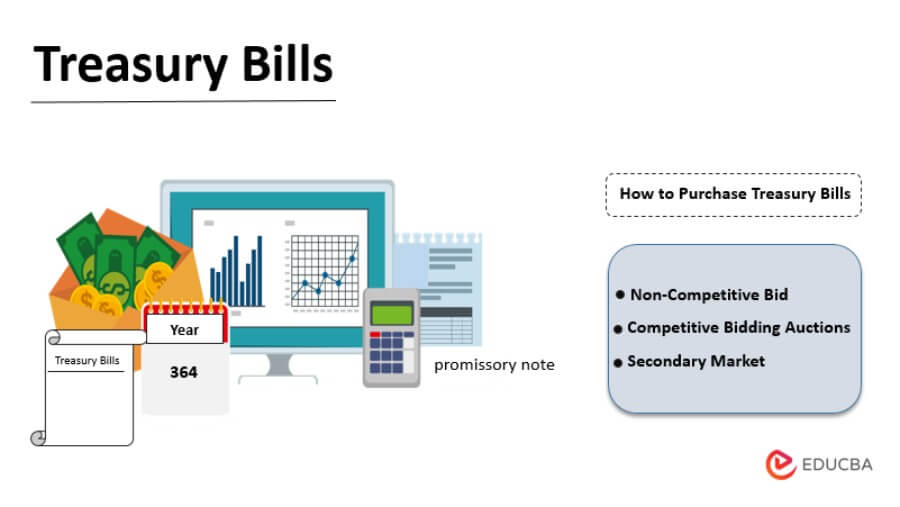
There are several benefits of investing in a long bond. Interest rates increase as the bond ages, and long bonds typically have higher interest rates than their shorter counterparts. Because long bonds guarantee that investors will get their capital back, they are a more secure investment option. However, investments can lose their value over time. This article will review the benefits of investing in a long bond and give you some useful tips on how to buy a long bond.
Par value
Par value of long bonds is the face of a bond. It is the amount that investors will receive at maturity in the event of default by the issuer. If an investor buys a bond at par value, he will be paying par, but if the bond is retired before maturity, the investor will receive a premium or even the par value. Investors who purchase bonds on the secondary marketplace will often pay more money than the bond's face.
The benchmark price is the par value of a long-term bond. A bond's market price can fluctuate above or below its par value. Market price for a bond can be affected by factors like interest rates and credit standing of the issuer. When buying or selling a bond, investors must pay particular attention to its market price. By understanding par value, investors can avoid making a mistake that can lead to a loss of capital.

Term to maturity
Long bonds usually mature after 10 years. Long bonds pay more interest than short-term bond, and investors are more likely lock in a higher interest rate over the life of their bonds. The maturity of a bond can be either fixed or adjustable. However, the longer the term, it is likely that the interest rate will be higher. However, if you're not looking for high short-term yields, a longer term bond may be less risky.
In the world of bonds, a long-term bond will pay higher interest rates during the term, but its duration is shorter. Investors who expect interest rates to rise will purchase short-term bonds which have a shorter term. These investors do not want to have to pay below market interest rates or sell their bonds at a profit when they can reinvest into higher-interest bonds. A bond's term to maturity and coupon determine its market price and yield to maturity. While many bonds are set in terms of maturity term, others allow investors to adjust the term by using provisions.
Selling a bond that is not yet matured can lead to serious financial risks
Understanding the risks associated with long bonds before maturity is essential. Although the bond issuer promises the return of principal upon maturity, there is a greater risk in selling it earlier. The price of the bond will depend on market conditions and interest rates. This means that you may have to pay a substantial markdown which will reduce the amount you receive at maturity.
Inflation is another potential risk. Inflation can reduce the purchasing power fixed payments. You should sell your bond before it matures. While you may be entitled to some money if the issuer defaults with the bond, it is generally safer for you to liquidate your bond assets. These are reasons to consider selling your long-term bond before it reaches maturity.

Other countries have bonds with maturities that are higher than the U.S. long-bond.
A long term bond is a form of debt obligation issued to an issuer. These bonds are often issued by a sovereign. These bonds are generally denominated into the currency that the issuing country. Some countries also issue bonds out of country. There are also bonds with different currencies. A corporate issuer is another type. This issuer borrows money for expansion or funding new business ventures. Corporate bonds make a good investment choice in developing countries, which have many companies.
A long-term bond will yield a higher yield than one that is shorter. Short-term bonds mature within three years. Medium-term and long-term bond maturities are four to 10 years. Since they can be affected by adverse events, long-term bonds tend to be more risky that short-term bonds. These bonds have higher coupon rates.
FAQ
What are some of the benefits of investing with a mutual-fund?
-
Low cost - Buying shares directly from a company can be expensive. It's cheaper to purchase shares through a mutual trust.
-
Diversification - most mutual funds contain a variety of different securities. One security's value will decrease and others will go up.
-
Professional management - Professional managers ensure that the fund only invests in securities that are relevant to its objectives.
-
Liquidity is a mutual fund that gives you quick access to cash. You can withdraw your money whenever you want.
-
Tax efficiency – mutual funds are tax efficient. Because mutual funds are tax efficient, you don’t have to worry much about capital gains or loss until you decide to sell your shares.
-
No transaction costs - no commissions are charged for buying and selling shares.
-
Mutual funds are easy-to-use - they're simple to invest in. You will need a bank accounts and some cash.
-
Flexibility - You can modify your holdings as many times as you wish without paying additional fees.
-
Access to information - you can check out what is happening inside the fund and how well it performs.
-
Ask questions and get answers from fund managers about investment advice.
-
Security – You can see exactly what level of security you hold.
-
Control - The fund can be controlled in how it invests.
-
Portfolio tracking allows you to track the performance of your portfolio over time.
-
Easy withdrawal - it is easy to withdraw funds.
There are disadvantages to investing through mutual funds
-
Limited investment opportunities - mutual funds may not offer all investment opportunities.
-
High expense ratio: Brokerage fees, administrative fees, as well as operating expenses, are all expenses that come with owning a part of a mutual funds. These expenses can impact your return.
-
Lack of liquidity-Many mutual funds refuse to accept deposits. They must only be purchased in cash. This limits the amount that you can put into investments.
-
Poor customer service. There is no one point that customers can contact to report problems with mutual funds. Instead, you will need to deal with the administrators, brokers, salespeople and fund managers.
-
Rigorous - Insolvency of the fund could mean you lose everything
What role does the Securities and Exchange Commission play?
The SEC regulates securities exchanges, broker-dealers, investment companies, and other entities involved in the distribution of securities. It also enforces federal securities laws.
What is a mutual-fund?
Mutual funds are pools that hold money and invest in securities. Mutual funds provide diversification, so all types of investments can be represented in the pool. This helps to reduce risk.
Professional managers oversee the investment decisions of mutual funds. Some funds also allow investors to manage their own portfolios.
Because they are less complicated and more risky, mutual funds are preferred to individual stocks.
What is the difference between a broker and a financial advisor?
Brokers specialize in helping people and businesses sell and buy stocks and other securities. They handle all paperwork.
Financial advisors have a wealth of knowledge in the area of personal finances. They help clients plan for retirement and prepare for emergency situations to reach their financial goals.
Banks, insurers and other institutions can employ financial advisors. You can also find them working independently as professionals who charge a fee.
It is a good idea to take courses in marketing, accounting and finance if your goal is to make a career out of the financial services industry. Also, you'll need to learn about different types of investments.
Statistics
- "If all of your money's in one stock, you could potentially lose 50% of it overnight," Moore says. (nerdwallet.com)
- Our focus on Main Street investors reflects the fact that American households own $38 trillion worth of equities, more than 59 percent of the U.S. equity market either directly or indirectly through mutual funds, retirement accounts, and other investments. (sec.gov)
- Individuals with very limited financial experience are either terrified by horror stories of average investors losing 50% of their portfolio value or are beguiled by "hot tips" that bear the promise of huge rewards but seldom pay off. (investopedia.com)
- For instance, an individual or entity that owns 100,000 shares of a company with one million outstanding shares would have a 10% ownership stake. (investopedia.com)
External Links
How To
What are the best ways to invest in bonds?
You need to buy an investment fund called a bond. The interest rates are low, but they pay you back at regular intervals. You make money over time by this method.
There are several ways to invest in bonds:
-
Directly buying individual bonds
-
Buy shares in a bond fund
-
Investing through a broker or bank
-
Investing through an institution of finance
-
Investing through a Pension Plan
-
Directly invest through a stockbroker
-
Investing through a Mutual Fund
-
Investing in unit trusts
-
Investing in a policy of life insurance
-
Investing through a private equity fund.
-
Investing in an index-linked investment fund
-
Investing through a Hedge Fund